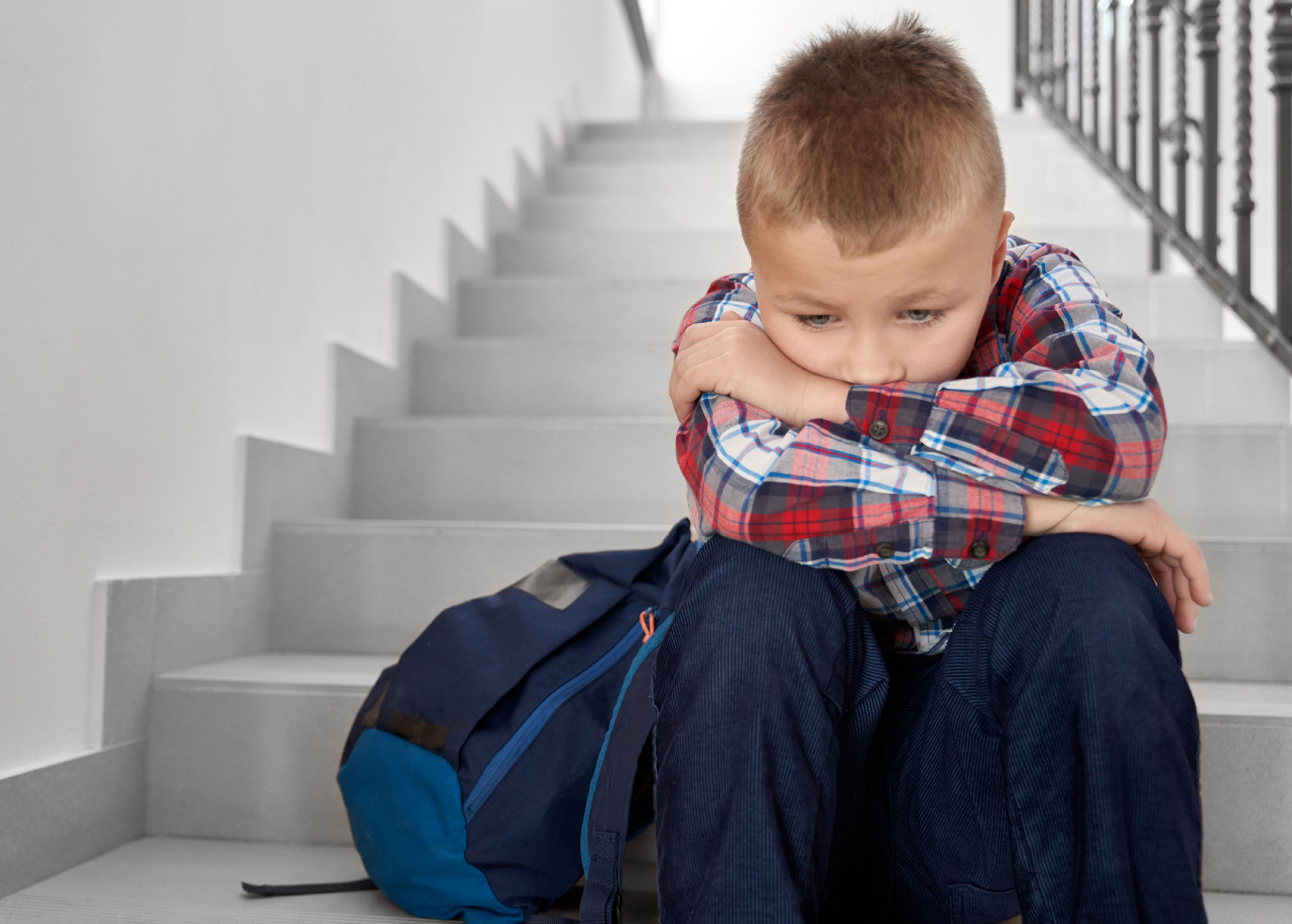Trauma-sensitive education crucial for young refugee children

Many young refugee children in the Netherlands face the challenge of learning a new language, but the lesson material does not always seem to resonate. According to Hanneke Leeuwestein, who is completing her PhD on this subject, this may be due to the traumatic experiences the children have endured. In her doctoral research, Leeuwestein advocates for a trauma-sensitive approach in primary education.
Leeuwestein's research shows that some children with a refugee background exhibit trauma-related behaviors — such as withdrawal or, conversely, hyperactivity — more often than classmates without a refugee background. Due to frequent relocations, these students find it especially difficult to build and strengthen important protective factors, such as friendships, positive school experiences, and a stable routine. These elements are crucial for their recovery after impactful events, Leeuwestein emphasizes.
Since it is difficult for teachers to recognize trauma-related behavior, Leeuwestein, together with colleagues, developed the RaPTOSS instrument. This tool helps teachers better identify trauma in young students and provide appropriate support. Additionally, she investigated the use of digital bilingual picture books, which help refugee children learn Dutch through play while using their native language as a stepping stone.
Leeuwestein stresses that education can play a major role in the well-being and integration of refugee children, but attention must also be paid to their psychological needs. She advocates for a broader adoption of trauma-sensitive teaching, especially as more teachers are encountering refugee children in their classrooms. At the same time, she warns that education alone cannot solve all the problems within the asylum system. The often troubling living conditions of these children must also be addressed.
More information
More news
-
17 February 2026
From Ghostbuster to Disaster Researcher
-
03 February 2026
‘Such willpower’
-
20 January 2026
Alcohol, texting, and e-bikes


